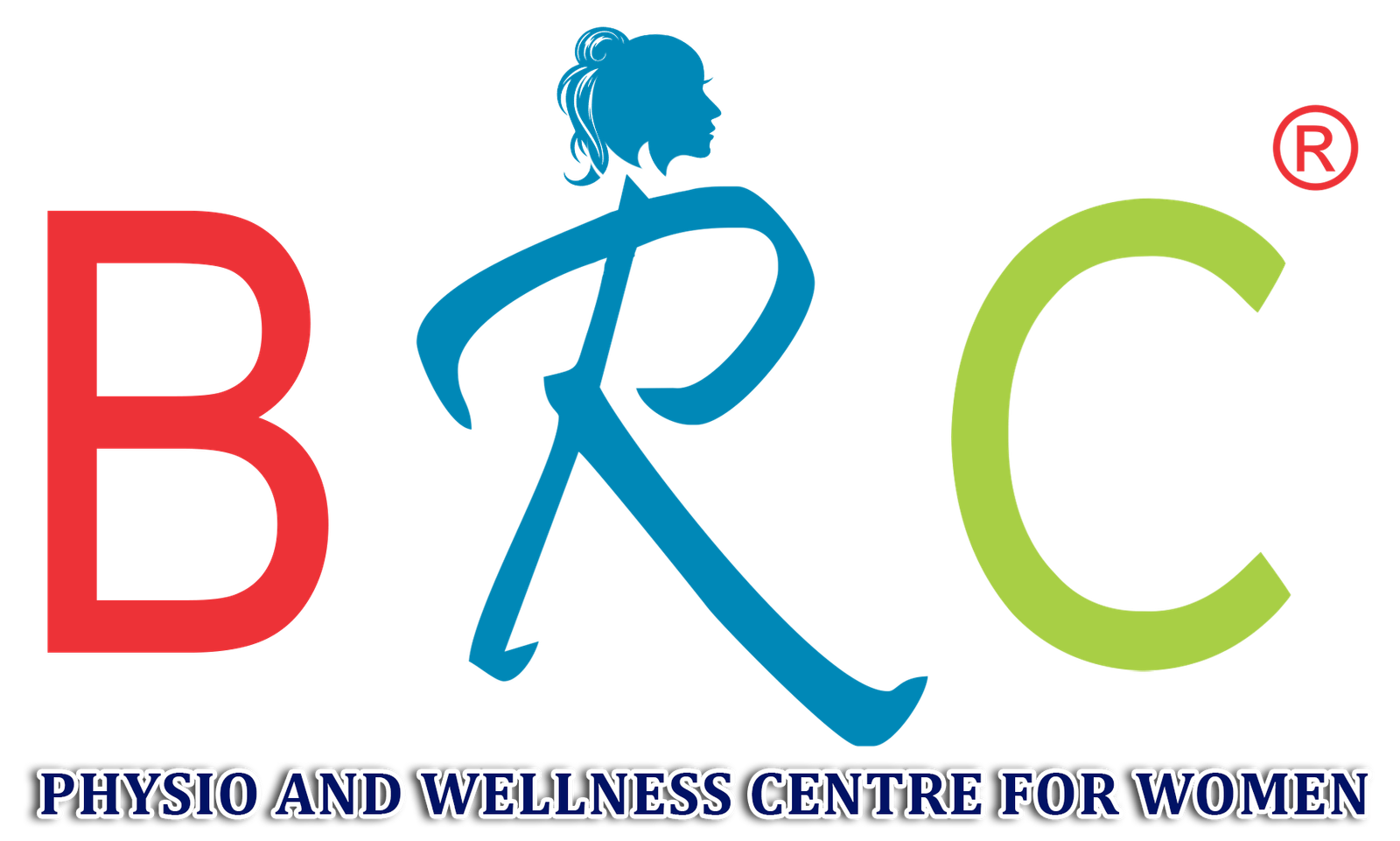WOMENS PSYCHOLOGICAL CONDITIONS

MON-SAT 8:00-9:00
+91 569 803 6420

WOMENS PSYCHOLOGICAL CONDITIONS
Women’s psychological problems can encompass a wide range of mental health conditions that may arise due to biological, hormonal, social, cultural, and psychological factors. While women, like men, can experience many of the same mental health challenges, there are unique psychological issues that may particularly affect women. These can be linked to hormonal changes, gender roles, societal expectations, and experiences such as childbirth, menstruation, or menopause.
Here’s an overview of some of the psychological problems and challenges that women may experience:
1.Depression
Depression is one of the most common psychological conditions that can affect women. Women are twice as likely to experience depression compared to men, due to a combination of hormonal, psychological, and social factors.
Risk factors for depression in women:
- Hormonal changes: Fluctuations in hormones during puberty, pregnancy, the menstrual cycle, and menopause can trigger or exacerbate depression.
- Childbirth: Postpartum depression is a condition where women experience feelings of deep sadness, fatigue, and a loss of interest in things after childbirth.
- Social pressures: Societal expectations, such as balancing career, family, and personal life, can contribute to stress and depressive symptoms.
- Gender inequality: Discrimination, violence, and unequal treatment in personal, professional, or societal contexts can affect women’s mental well-being.
2.Anxiety Disorders
Anxiety disorders are common among women, and they can manifest in different ways, including generalized anxiety disorder, social anxiety, panic disorder, and post-traumatic stress disorder (PTSD).
Why anxiety is more common in women:
- Biological factor: Hormonal changes during menstruation, pregnancy, and menopause can influence anxiety levels.
- Social stressors: Women often face societal pressures, including balancing multiple roles, body image concerns, and fears related to safety or violence.
- Trauma: Women are more likely to experience sexual abuse, assault, or domestic violence, which increases the risk of developing PTSD and anxiety disorders.
3.Eating Disorders
Eating disorders, such as anorexia nervosa, bulimia nervosa, and binge eating disorder, are more prevalent among women. These disorders often develop in response to societal pressures, body image issues, and attempts to conform to unrealistic standards of beauty.
Contributing factors:
- Media and societal beauty standards: The pervasive emphasis on thinness and certain body types can contribute to body dissatisfaction, especially among younger women.
- Cultural and family pressure: Some cultures and families emphasize appearance or weight control, which can impact self-esteem and eating behaviors.
- Emotional distress: Women may use food as a way to cope with emotions like sadness, stress, or feelings of inadequacy.
4.Postpartum Depression (PPD)
Postpartum depression is a specific form of depression that affects women after giving birth. It is different from the “baby blues,” a mild form of mood disturbance that many new mothers experience, which typically resolves within a couple of weeks.
Symptoms of PPD:
- Persistent feelings of sadness, hopelessness, or irritability
- Difficulty bonding with the baby
- Extreme fatigue and lack of energy
- Changes in sleep and appetite
- Thoughts of harming oneself or the baby
- Instant Business Growth
- 24/7 Quality Service
- Easy Customer Service
- Quality Cost Service

5.Menopause-Related Psychological Changes
The transition to menopause (typically occurring between ages 45 and 55) involves significant hormonal changes that can lead to psychological symptoms, including mood swings, irritability, anxiety, and depression.
Impact of menopause on mental health:
- Hormonal fluctuations: Decreased estrogen and progesterone levels can affect mood regulation and lead to symptoms like irritability, anxiety, and depression.
- Sleep disturbances: Hot flashes and night sweats can cause poor sleep, which in turn affects mental well-being.
- Body image: Physical changes during menopause (e.g., weight gain, changes in skin elasticity) can impact self-esteem and contribute to mental health challenges.
6.Post-Traumatic Stress Disorder (PTSD)
Women are more likely to experience PTSD due to experiences of trauma, especially sexual abuse, intimate partner violence, and sexual assault. Loss of our loved ones, accidents
Symptoms of PTSD:
- Flashbacks and intrusive memories of traumatic events
- Hyperarousal (e.g., difficulty sleeping, irritability)
- Avoidance of triggers or reminders of the trauma
- Negative changes in mood, such as feelings of numbness or hopelessness
7.Substance Use and Addiction
Substance use disorders, including alcohol and drug abuse, can be more prevalent among women, especially as a means of coping with stress, trauma, or mental health conditions like depression or anxiety.
Gender differences in substance use:
- Women are more likely to experience mental health issues (such as depression or anxiety) alongside substance use.
- Women may face different social pressures and stigma related to substance use, and may also have different patterns of addiction compared to men.
8.Obsessive-Compulsive Disorder (OCD)
Personality disorders are complex mental health conditions that affect an individual’s thoughts feelings and behaviors. it including borderline personality disorder (BPD), narcissistic personality disorder (NPD), and histrionic personality disorder, anti- social personality disorder can affect women in varying degrees.
9.Borderline Personality Disorder (BPD):
- BPD is characterized by intense emotional swings, unstable relationships, fear of abandonment, and impulsivity. Women are diagnosed with BPD more frequently than men, though it can occur in both genders.
10.Sexual Dysfunction
Sexual health issues that prevents an individual or couple from experiencing satisfying sexual activity , including lack of libido, painful intercourse, or difficulty reaching orgasm, can be related to psychological factors such as stress, anxiety, trauma, or depression.
Psychological factors affecting sexual health:
- Body image: Negative self-esteem or body image issues can impact sexual confidence and enjoyment.
- Trauma: Past sexual trauma or abuse can affect sexual function and create feelings of anxiety or discomfort during intimate moments. Chronic stress, depression
- Relationship issues: Communication problems or lack of emotional intimacy with a partner can contribute to sexual dissatisfaction.
11.Chronic Stress and Burnout
Women are particularly vulnerable to chronic stress due to juggling multiple roles (e.g., work, caregiving, household duties). This chronic stress can lead to burnout, a state of emotional, mental, and physical exhaustion.
Symptoms of burnout:
- Emotional exhaustion, feeling overwhelmed or detached
- Reduced performance or productivity at work or in daily life
- Increased irritability or frustration
- Physical symptoms, such as headaches or digestive issues
- Feeling hopelessness and disconnected from other activities.
How Women Can Address Psychological Problems:
Therapy and Counseling
Psychotherapy, including Cognitive Behavioral Therapy (CBT), Dialectical Behavior Therapy (DBT), or psychodynamic therapy, can help women manage conditions like depression, anxiety, and PTSD.
Medication
Antidepressants, anti-anxiety medications, or hormonal treatments (such as for menopause or postpartum depression) may be prescribed to help manage symptoms.
Self-Care and Stress Management
Regular exercise, mindfulness meditation, yoga, and relaxation techniques can help women reduce stress and manage their mental health.
Support Networks
Talking to friends, family, or support groups can provide a sense of community and help women feel less isolated in their experiences.
Education and Awareness
Learning about psychological problems and recognizing early signs of mental health issues can help women seek appropriate help before problems become more severe.
Healthcare Provider:
Women experiencing mental health concerns should consult with their healthcare providers, who can help them navigate treatment options and ensure their physical and mental well-being is addressed.
